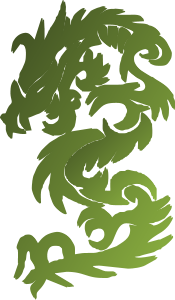
Blog

Pulses in Traditional Chinese Medicine
One of the unique features of Traditional Chinese Medicine is the taking of the
pulses to assess the energy of the electrical meridians or channels to the organs.
The pulse on the left wrist corresponds to the Heart, Liver and Left Kidney
meridians and the pulse on the right wrist corresponds to the Lungs, Spleen and
Right Kidney meridians.
Different qualities of the pulses mean different things about what is happening in
the meridian. For example, if the pulse is tight and wiry then stress is leading to
stagnation or obstruction in the tissues. The cause in these cases may be
emotional resistance, pain or even a poor diet and dehydration. If the pulses are
thin or weak then that is considered blood deficiency. Blood deficiency can imply
dehydration, lack of salt, minerals and blood building foods. If the pulses are
floating and weak or absent altogether then that is yin deficiency. Yin deficiency is
a sign of exhaustion of the restorative and healing capacity of the tissues. People
who go, go, go all the time without sufficient rest or down time get yin deficient.
If the pulses are floating and full then that is an external invasion from cold,
allergies or flu. Slippery is another quality that is often felt in the pulses that can
either arise from weak digestion or a poor diet of greasy foods or both.
The pulses can be monitored throughout the acupuncture treatment to give
feedback that the treatment is having the desired effect. Over the course of many
treatments the pulses will naturally balance into smooth, moderate and lively
pulsations that reflect a person's underlying good health.
Terry Rudd, ND, L.AC Acupuncture and Chinese Medicine





